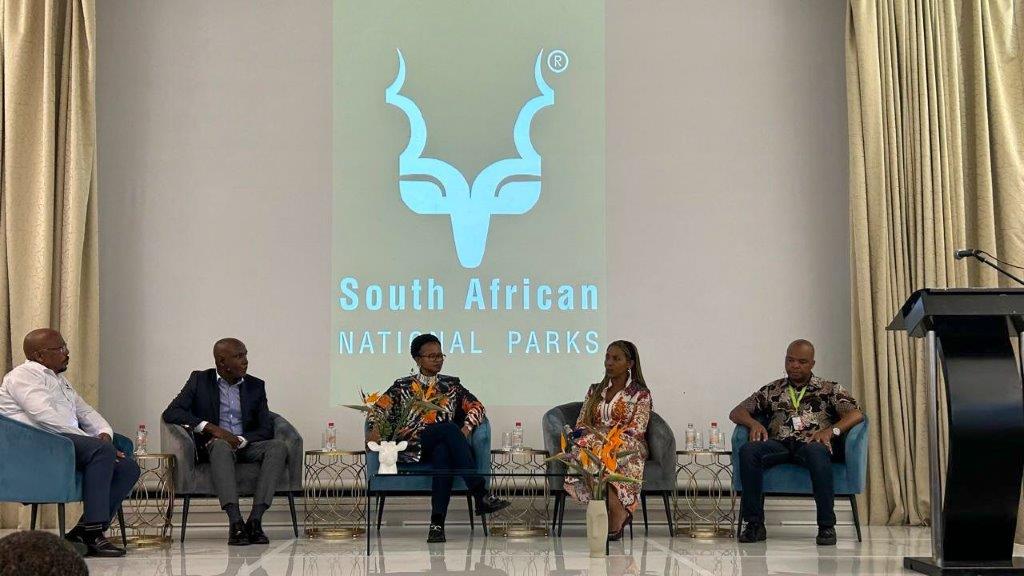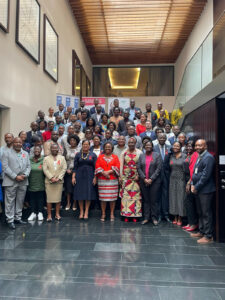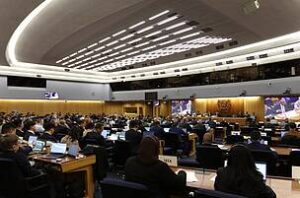Nomazulu Moyo
DURBAN, South Africa – As the Africa Tourism Indaba unfolds in South Africa, SANParks stands out, marking three decades of remarkable growth and sustainable eco-tourism since the country’s transition to democracy.
The organisation has been pivotal in redefining its societal role, contributing to the nation’s reconstruction and development efforts. Despite facing challenges like urbanisation, climate change, and increased demand for natural resources, SANParks has turned these into opportunities for innovation and professional growth.
“We’ve embraced these challenges as a chance to improve our national parks’ management and ensure their relevance for the future,” said Pam Yako, the chairperson of the SANParks board. Over the years, SANParks has implemented various programs to enhance conservation efforts and support local communities, often located in rural areas with limited economic opportunities. These initiatives have included land donations for park expansions, a commercialisation strategy to generate funds for conservation, and projects benefiting local communities.
Yako emphasised the importance of partnerships in overcoming societal barriers and integrating protected areas into the broader community.
“It’s through alliances and partnerships that we make protected areas relevant to society’s needs,” she stated.
MORE FROM AFRICA NEWS 24
A thriving green legacy: SANParks marks 30 years of eco-tourism and growth
A testament to this commitment is the handover of the Skukuza Safari Lodge in Kruger National Park to a consortium, including Karibu Lodge, owned by Ms. Nyelati Mushwana, highlighting the role of women and local businesses in the industry.
Looking ahead, SANParks is laying the groundwork for transboundary conservation, managing areas across Southern Africa’s national borders. This collaborative approach aims to unlock the full potential of biodiversity conservation and tourism.
With the ambitious SANParks Vision 2040 project on the horizon, the organisation is poised to continue its legacy of eco-tourism and community engagement well into the future.











